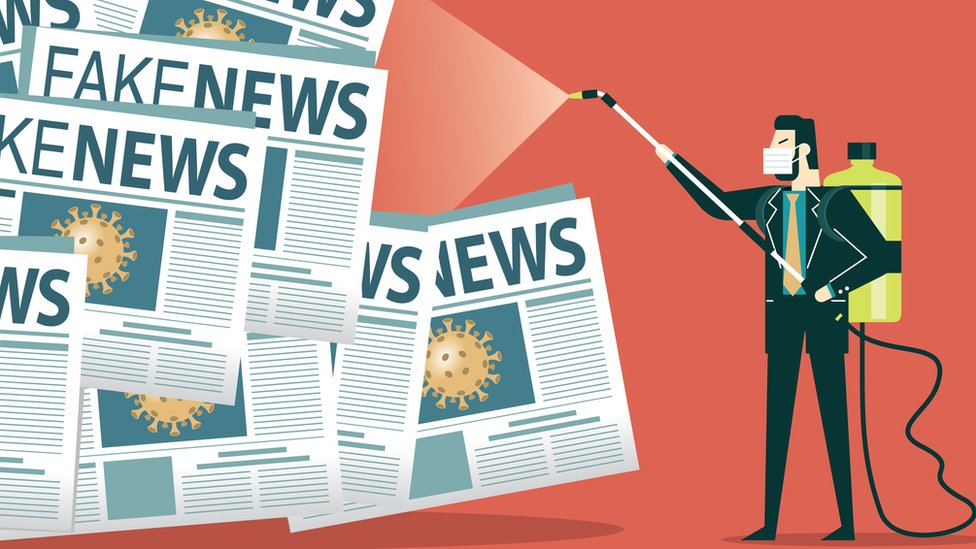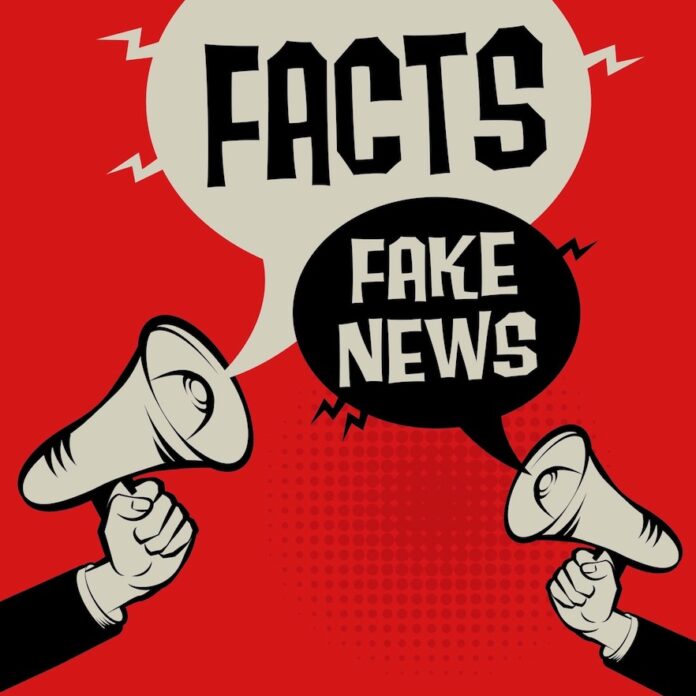By Veronika Sinou,
Unfortunately, fake news is not a recent concept as examples of it can be found throughout history. We are all familiar with the great general Julius Caesar and his corpus in the Roman Empire. A fact that escapes us is that, around 2000 years ago, Augustus Caesar (Julius Caesar’s nephew) used the first alleged form of propaganda. He recognized the vital impact that public opinion had, so he proceeded to besmear his opponent’s reputation by claiming that he was unfit to hold office due to the so-called disrespect of Roman values.
Today’s political agenda does not seem to differ that much. The experience curve that was established due to much repetition over an extended period of time through the spread of fake news practices, should have made people more skeptical. However, this is not the case. The example of Donald Trump, the former President of the United States, claiming the nonoccurrence of an environmental crisis and many other insubstantial remarks, has made it abundantly clear that the biggest enemy we are facing right know is the spread of false information. Donald Trump’s comments created the breeding ground for the rise of even more conspiracy theories, which winded up into being extremely dangerous to our times, due to the health crisis of the SARS-CoV-2 virus.

Apart form the responsibility -or the apparent lack- of politicians and public figures to contribute with accurate statements in the public scope, social media platforms instead of filtering and fact-checking the publications, they shrug them off. “With great corporate power comes responsibility”, highlights an Economist article explaining why the CEO of Facebook was testifying in front of the U.S. Congress. At the same time we witness a mass devaluation of academic institutions and established scientists as opposed to the rise of conspiracy theorists.
Fake news appear as a security risk and a potential threat for the international political spectrum as well. From refugee crises to geopolitical disputes, there is a thin line between confrontation and conflict.
Given the above, we can easily comprehend why reports hold such power. The challenge of translating the concept of controversy in the study of politics is already important enough and stimulations as the aforementioned do not make it any easier. The consequences of the dissemination of fake news can lead up to infightings at a time when unity should be the great desideratum. Although measures have been already taken by various stakeholders, we seem like we are in an ongoing, everyday battle of discovering the truth.
References
- BBC, co.UK A Brief History of fake news. Available here.
- The Economist, Why is Mark Zuckerberg testifying in Congress? Available here.
- BBC, A brief history of fake news. Available here.
- CNN, Recovering from the fake news era. Available here.




